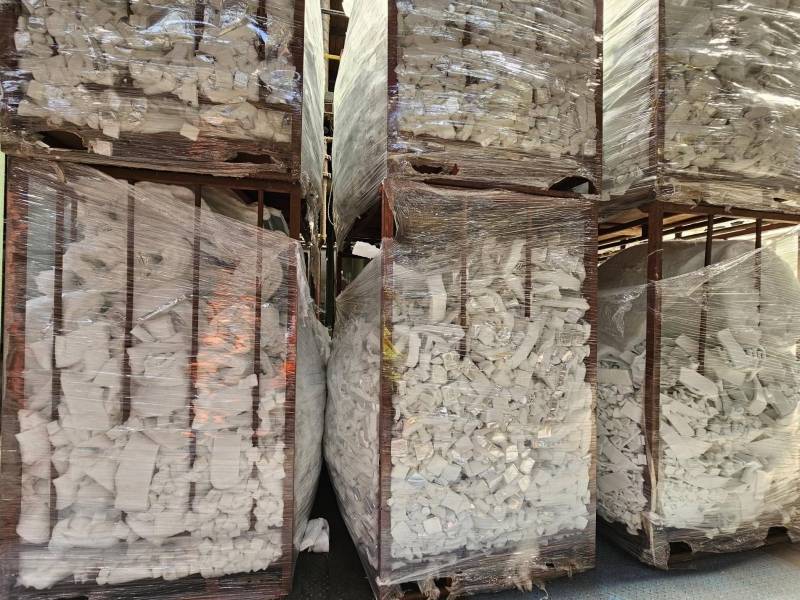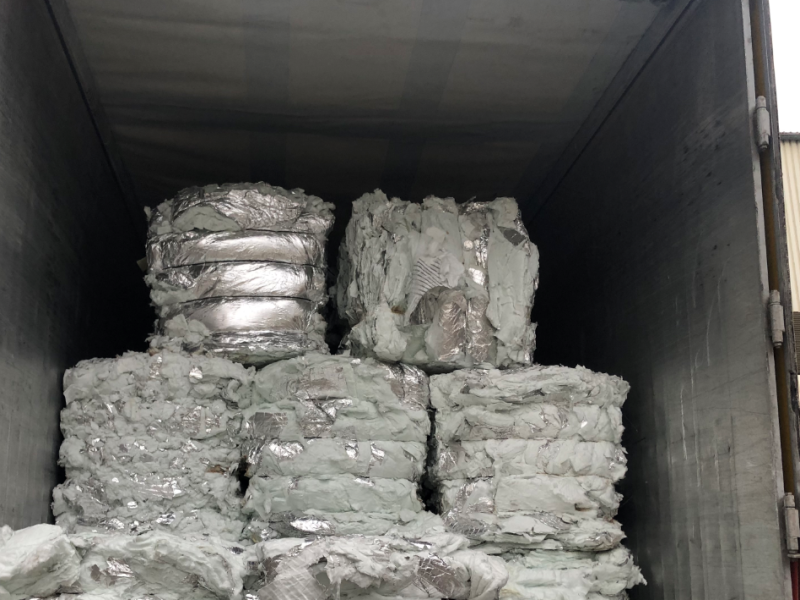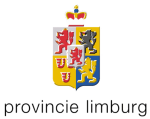This project develops and demonstrates an innovative closed-loop recycling process for non-hazardous mineral wool waste, in compliance with Section 1 of REACH Annex XI. This includes wool waste from manufacturing, processing, and construction, often bound to aluminum caching.
Compared to competing initiatives, the project has the least environmental impact in terms of greenhouse gas emissions. It represents a major technological contribution to the Waste Framework Directive (WFD) goals, which require member states to reuse, recycle, and recover 70% of non-hazardous construction and demolition waste.
Ensuring compliance with the Construction Products Regulation (CPR) (EU) No 305/2011 for the recovered product is another key objective of the project.








